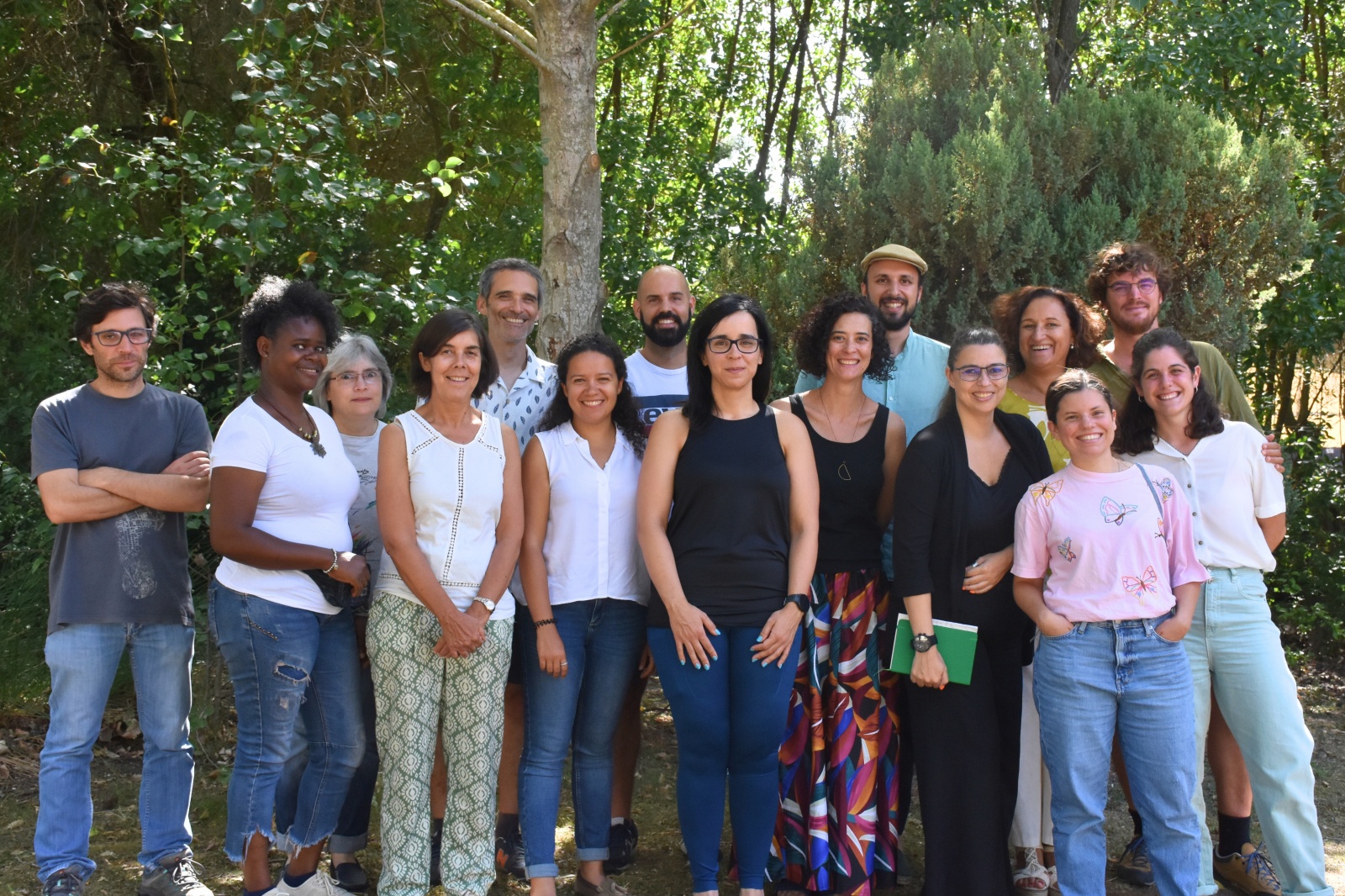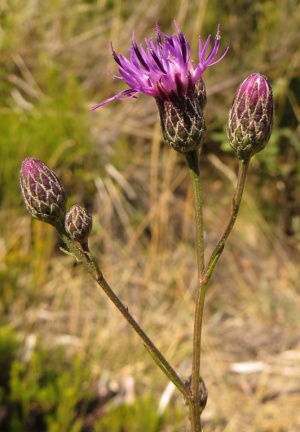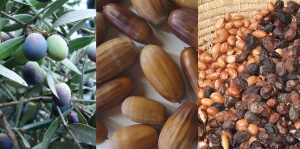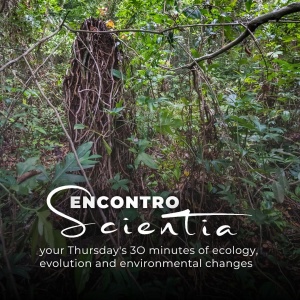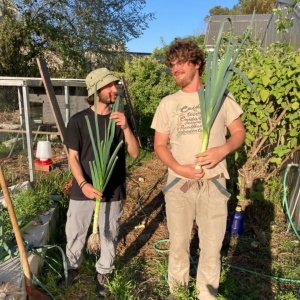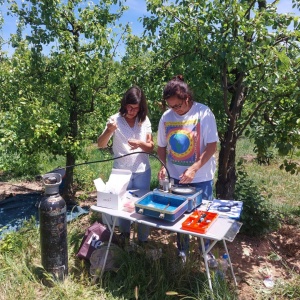The primary aim of this group is to understand the structural and ecophysiological strategies of plant species and communities to cope with natural and anthropogenic stresses and disturbances. A mechanistic understanding of responses to the environment, from leaf to ecosystem, can help to explain current vegetation patterns and to predict future ones. Therefore, our central goal is to improve and extend the current knowledge of plant-environment interactions. Taking the structure and functioning of plants and ecosystems into account, we aim to help managers and other stakeholders with information to support sustainable management of natural and man-made ecosystems, to reduce biodiversity loss, and to mitigate anthropogenic impacts on terrestrial ecosystems.
We are interested in the effects of a wide scope of abiotic and biotic factors – drought, fire, biological invasions, pests and diseases, etc. –, as well as of anthropogenic disturbances – deforestation, intensification of cash-cropping, groundwater depletion, etc. –, on the physiological performance, structure, diversity, function and resilience of plant communities. Geographically spanning from the Mediterranean to the Tropics, our target ecosystems range from natural forests and shrublands to agro-systems, and from inland hilly terrains to coastal sand dunes and mangroves.
To address such issues, the group uses both conventional and novel approaches, which include biogeochemistry, plant function and anatomical structure, stable isotopes (CRIE-SIIAF), microbiological characterization, molecular biology, and process-based modeling. Many of our studies combine lab experiments and field assessments, and often contribute to the long-term monitoring of spatial and temporal changes in natural plant communities. This allows to improve the interpretation of quantitative laboratory analyses and the modeling approaches to find the main mechanisms and drivers affecting plant vitality, form, and function, and thus ecosystem stability.
The expertise and current activities of the group concern the following broad research topics:
- Management of agricultural and forest ecosystems – Providing ecological bases to outline strategies for their management and conservation.
- Multi-level understanding of plant invasions, from genes to ecosystems – Studying how invaders establish, spread, and impact ecosystems, with Acacia as model.
- Assessment of plant responses to hydrological changes – Understanding cross-scale effects of hydrological changes, such as groundwater depletion, on plant communities.
- Ecological restoration of degraded ecosystems – Implementing, monitoring and assessing restoration projects, and contributing fundamental knowledge (species choices, natural regeneration and soil processes) for best restoration practices.
- In-depth study of natural resources for their sustainable use and management –Recognizing the values of cultural ecosystems and looking for plant nature-based solutions (e.g., through ethnobotany, investigation of secondary metabolites, gene identification and function) to improve the livelihood of human populations.

